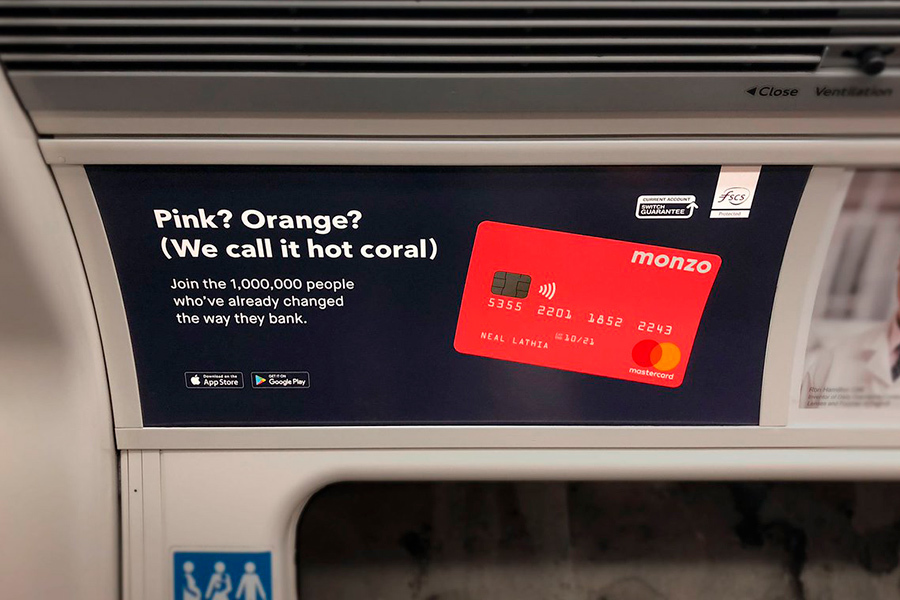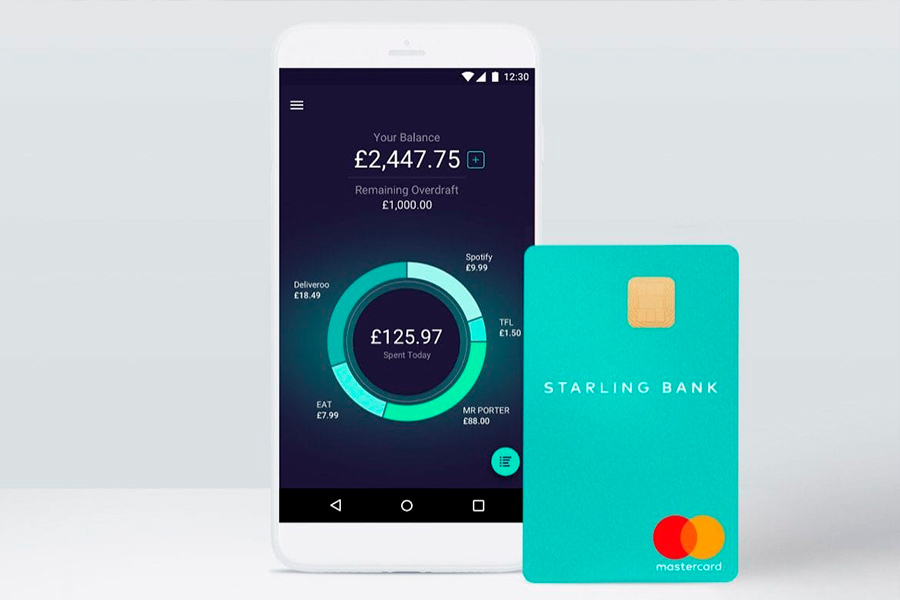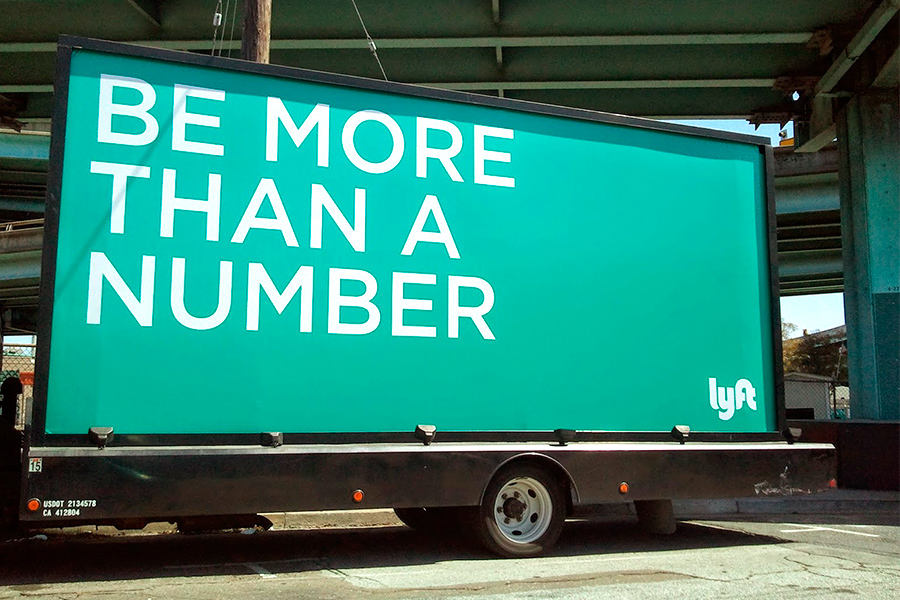Start up as you mean to go on
We had an illuminating conversation with a venture capital firm recently on attitudes to branding among startups. What we heard reinforced how important it is for founders to take branding seriously from the outset.
Brand and business are one
Brand should never be an afterthought for any business. It must be part of the foundations. So when founders are in definition mode early on, brand belongs on the agenda alongside business model and strategy, product or service proposition and financing. Because it has as much influence on whether a startup flies, or fails.
Great brands communicate with purpose, ambition and confidence. They have the clarity that comes from knowing what they are all about. Any startup can do this too because it doesn’t need deep pockets. The investment it requires is mostly intellectual and emotional.
Brand now, not later
We understand the temptation for founders to put off decisions on branding until later on. It takes headspace. They want to give their full attention to the idea that inspired them to set up the business in the first place. When you’re head down in the detail of how to make a product work the way you imagined, it takes effort to lift your eyes to the horizon.
When startups find they have brands that are not fit for purpose, it may be because they have a name and logo but do not have the underlying structure in place to anchor them to the business. Brand and business may diverge over time as a result. We love creating logos but always emphasise to clients that there’s a lot of thinking to do beforehand to be able to create a visual identity that will endure. That applies to naming as well.

You need definition to endure
Connecting business strategy to brand identity gives a startup the ability to scale, diversify or pivot without having to hit the reset button. Look at how smoothly fintech startup Monzo has moved from mobile app and debit card operation into fully formed digital bank. This startup knew where it wanted to go and built that journey into its brand.
The #fintech sector shows another common branding trap for startups: lack of differentiation. In our round-up of design trends of 2018 we wrote about a tendency among fintech startups targeting the millennial demographic to use a similar colour palette and illustration style in their branding. Surely we’ve reached peak teal by now. These companies want to stand out as innovative disruptors but their lookalike branding makes them appear generic.





Look around
Getting other perspectives can help founders avoid tunnel vision. Talk to the customers, partners and investors you want to reach. Look at what others are doing so you don’t end up wearing the same outfit and saying the same things. Engage a branding agency that understands your ambitions. The payoff will be a brand that’s authentic, relevant and which gets the attention your idea deserves.

